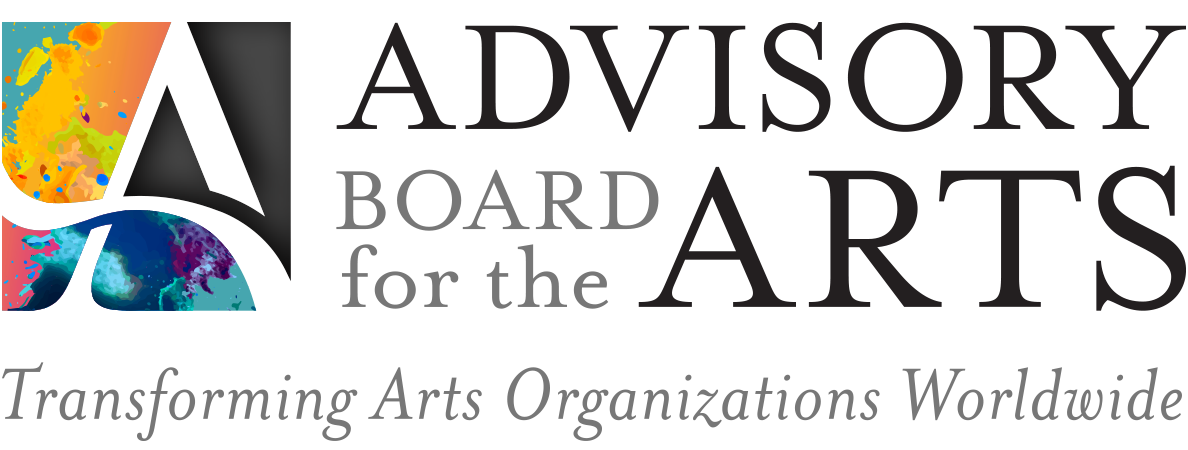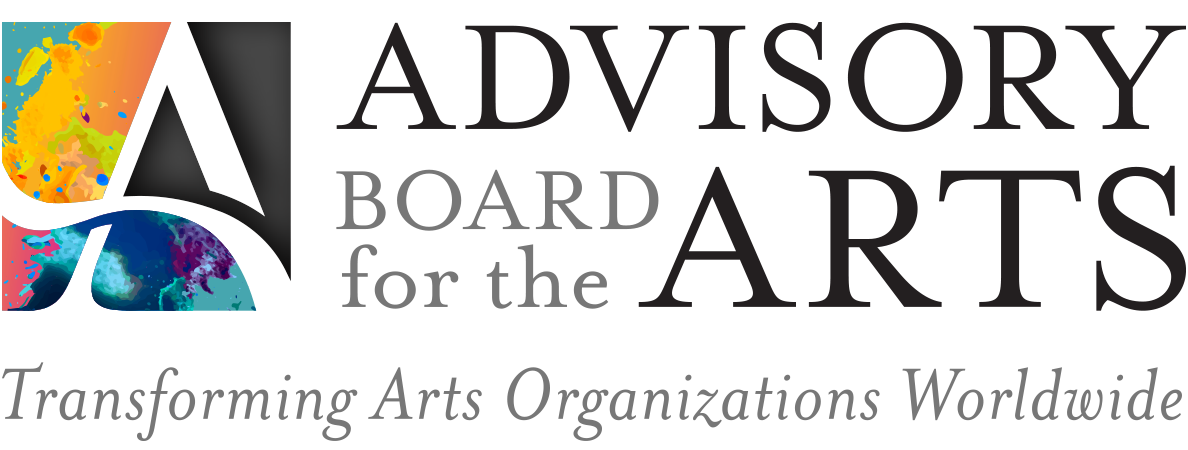Interactive Workshops to Build Digital Capabilities
ABA Members have access to workshops in key areas of digital such as: understanding arts audience needs in digital, setting digital objectives, building a test & learn plan, and more. Explore the workshop agendas and descriptions below (or click the download button at the bottom of the page for a powerpoint version) then contact your member advisor to schedule a workshop for your team.
Digital Workshop #1: Creating Effective Digital Objectives
This workshop helps arts and culture organizations focus their digital initiatives on what is most likely to fulfill audience needs and advance organizational goals. Through a combination of teaching, discussion, group exercises, and breakout exercises, we delve into the primary components of digital objectives and develop draft digital objectives screened for organizational fit.
DESCRIPTION: In this workshop we deconstruct the three primary components of an effective digital objective
The WHO: Target audience (e.g. donors, subscribers)
The WHAT: Immediate focus of digital effort (e.g. keep top of mind, demonstrate community impact)
The WHY: Longer term goal of digital effort (e.g. accelerate return, increase donations)
PARTICIPANTS: Cross-functional audience including strategy, marketing, development, community engagement, education, and digital teams
TIMING: 2.5-hour interactive virtual session
OUTPUT:
Draft digital objective(s) and screening criteria
Next steps and tools for audience insight-gathering
WORKSHOP AGENDA:
Digital Objectives Overview (30 minutes)
Three Elements of Effective Digital Objectives – Who, What, and Why (20 minutes)
Group Brainstorm – Who is our Who? (15 minutes)
Breakout Groups – What and Why: The Immediate Focus and Long Term Goal of Digital (30 minutes)
Selecting the Best Objectives (10 minutes)
Review and Next Steps (15 minutes)
Digital Workshop #2: Designing a Digital Experience
This workshop helps arts and culture organizations expand their thinking and capabilities in digital to design compelling digital experiences. Through a combination of teaching, discussion, group exercises, and breakout exercises, we explore the key elements of design thinking and how arts organizations can apply it to design digital experiences that drive organizational objectives.
DESCRIPTION: In this workshop we will learn and apply on the three main components of design thinking and apply them to digital
Empathy: Gaining a new perspective on audience needs, challenges, emotions, and experiences
Ideation: Challenging assumptions and brainstorming innovative, outside-the-box solutions
Experimentation: Designing minimally-viable tests, setting metrics, and iterating on ideas
PARTICIPANTS: Cross-functional audience including strategy, marketing, development, community engagement, education, and digital teams
TIMING: 3-hour interactive virtual session
OUTPUT:
Understanding of Design Thinking and how to apply it to digital
Draft list of potential digital experiments and framework to evaluate them
WORKSHOP AGENDA:
Digital Experiment Overview (35 minutes)
Introduction to Design Thinking: Empathy, Ideation, and Experimentation (15 minutes)
Deep Dive into Empathy and Ideation (20 minutes)
Breakout Groups: Brainstorming Digital Experiments (30 minutes)
Deep Dive into Experimentation (15 minutes)
Group Exercise: Evaluating and Prioritizing Experiments (25 minutes)
Group Brainstorm – Who is our Who? (15 minutes)
Review and Next Steps (15 minutes)
Digital Workshop #3: Building a Test & Learn Capability
This workshop helps arts and culture organizations learn how to experiment, iterate, and learn in digital effectively and efficiently. Through a combination of teaching, discussion, group exercises, and breakout exercises, we will examine how to bring a repeatable process to digital initiatives to help organizations focus their digital activities for long-term organizational success.
DESCRIPTION: In this workshop we’ll breakdown the process of planning and executing digital initiatives into four key components for learning:
Objectives: The overarching goal of the organization’s digital efforts
Hypotheses: Specific ideas for how we think the target audience will react
Experiments: Minimally-viable tests that allow us to test hypotheses
Metrics: Measures to understand both experimental success and connect to overall organizational success
PARTICIPANTS: Cross-functional audience including strategy, marketing, development, community engagement, education, and digital teams
TIMING: 2-hour interactive virtual session
OUTPUT:
Understanding of Test and Learn Processes
Draft Digital Testing Plan
WORKSHOP AGENDA:
Introductions and Test and Learn Overview (20 minutes)
Review of Objective-Hypothesis-Experiment-Metrics Framework (20 minutes)
Group Sharing: Current Metrics, Past Experiments, Culture of Trial and Error (20 minutes)
Breakout Groups: Building a Testing Plan (30 minutes)
Review and Next Steps (15 minutes)
Virtual Learning Module: Jobs to be Done (Coming Soon!)
What do audiences want from the arts organizations? What needs are they trying to fulfill in their lives that arts organizations can help them with? Now more than ever, arts organizations must have a deep and nuanced understanding of the answers to these questions in order to deliver value to audiences. The Jobs to be Done framework is a different way of answering these questions that puts audiences at the center.
DESCRIPTION: This self-paced learning module combines webinars, articles, case studies, tools, and templates to equip arts organizations to understand the Jobs to be Done approach to audience understanding.
PARTICIPANTS: Cross-functional audience including strategy, marketing, development, community engagement, education, and digital teams
FORMAT:
Five 10-15 minute pre-recorded webinars
Reading list
Audience research tools and templates
OUTPUT:
Understanding of Jobs to be Done framework and its application in the arts
Understanding of audience research techniques and how to apply them
MODULES:
Introduction to Jobs to be Done
Jobs in the Arts
Surfacing Audience Jobs
Understanding Audience Context
Mapping Audience Experiences






